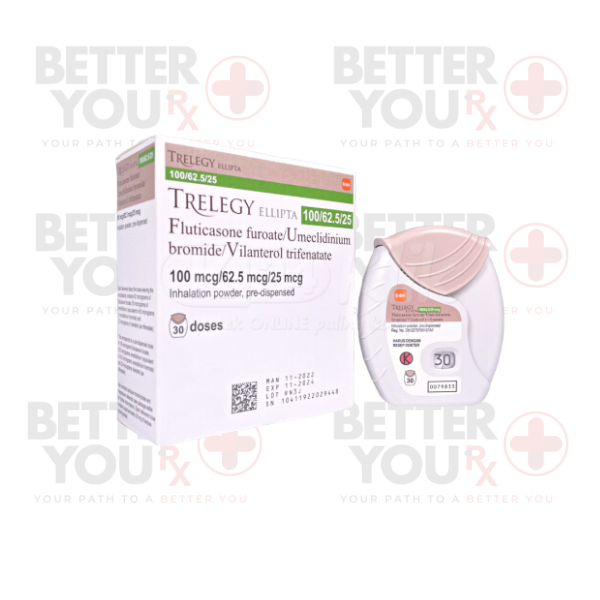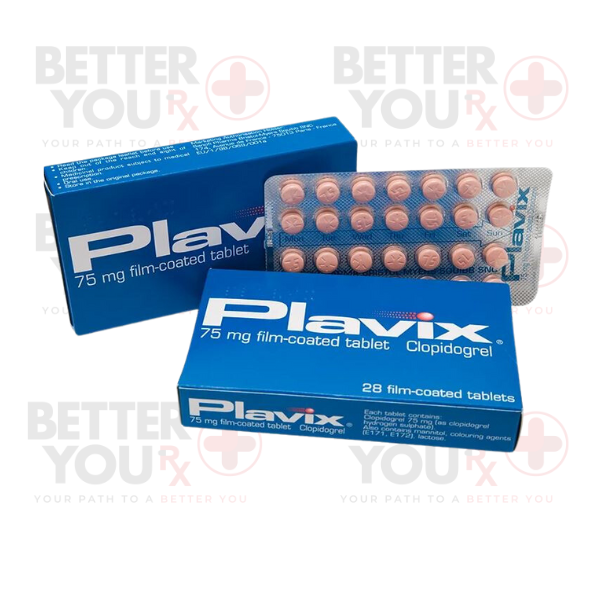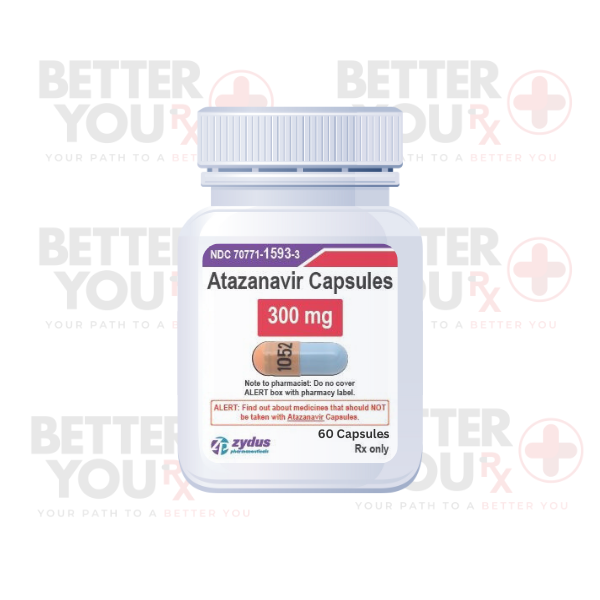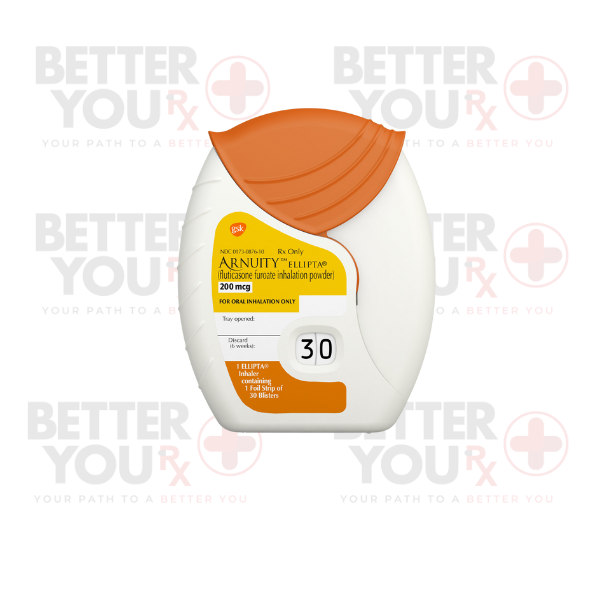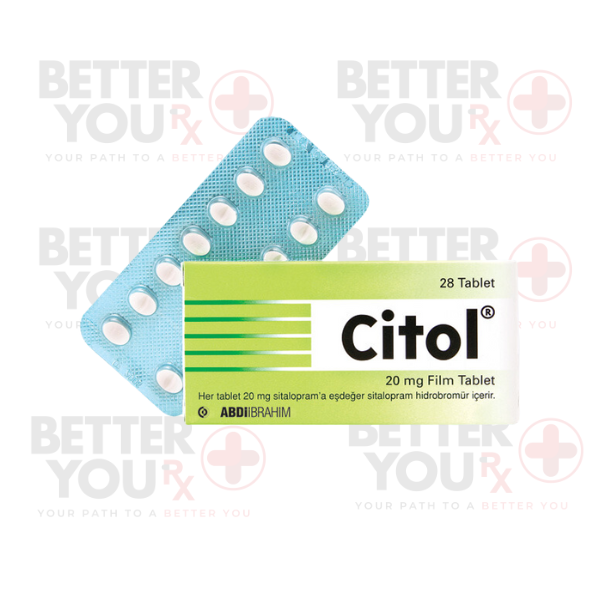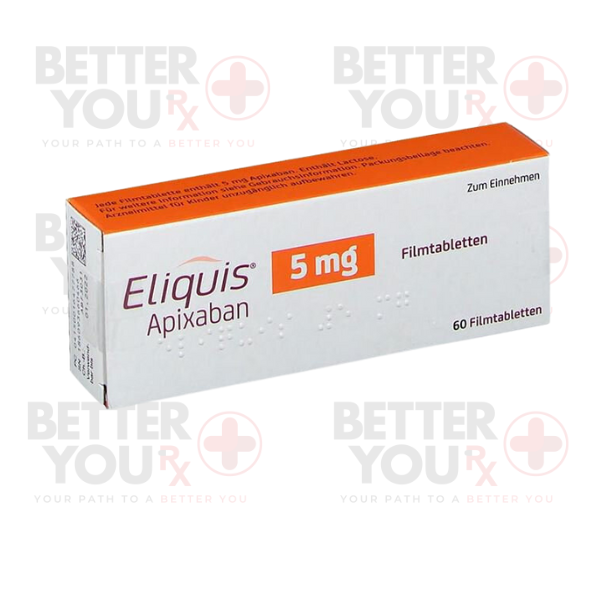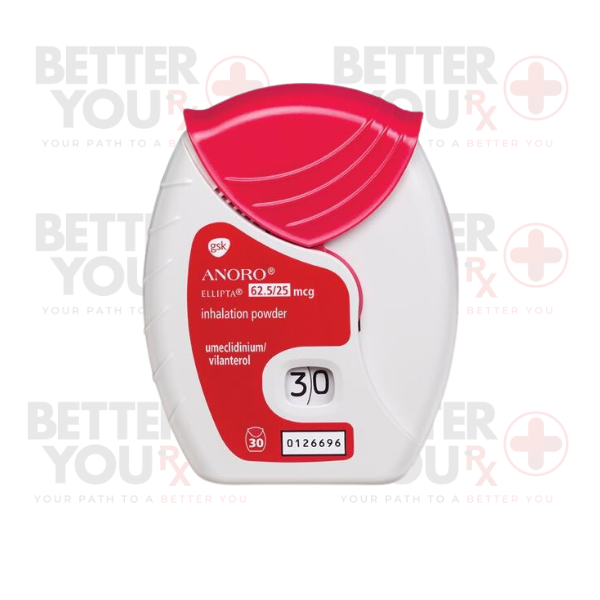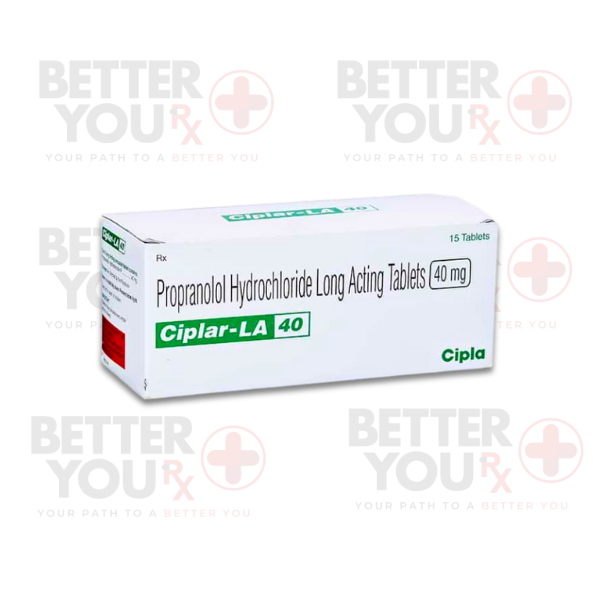SAVE 10% OFF First Order With Coupon Code: happyhealth
-27% Off
Buy Edecrin from Canada
$180.00 Original price was: $180.00.$131.99Current price is: $131.99.
Ethacrynic acid, classified as a diuretic or ‘water pill,’ is employed in the treatment of swelling and fluid retention resulting from diverse medical conditions. It facilitates the elimination of excess water and salt from the body through urine by stimulating kidney function.
Category: Medications
Description
| 25 mg | 100 Tablets |
Ethacrynic acid, classified as a diuretic or ‘water pill,’ is employed in the treatment of swelling and fluid retention resulting from diverse medical conditions. It facilitates the elimination of excess water and salt from the body through urine by stimulating kidney function.
Additional information
| Usage | Usage |
|---|---|
| Side Effects | Side Effects |
| Storage | Storage |
| Special Precaution | Special Precaution |
Related products
-
Buy Trelegy Ellipta from Canada
$234.00Original price was: $234.00.$197.99Current price is: $197.99. -
Buy Clopidogrel from Canada
$10.90Original price was: $10.90.$9.90Current price is: $9.90. -
Buy Atazanavir from Canada
$388.99 – $840.99Select options This product has multiple variants. The options may be chosen on the product page -
Buy Arnuity Ellipta Inhaler from Canada
$68.99 – $119.99Select options This product has multiple variants. The options may be chosen on the product page -
Buy Citol from Canada
$35.99 – $37.99Select options This product has multiple variants. The options may be chosen on the product page -
Buy Eliquis (Apixaban) from Canada
$47.99 – $131.99Select options This product has multiple variants. The options may be chosen on the product page -
Buy Anoro Ellipta Inhaler from Canada
$256.00Original price was: $256.00.$125.99Current price is: $125.99. -
Buy Ciplar LA from Canada
$45.00Original price was: $45.00.$37.99Current price is: $37.99. -
Buy Trelegy Ellipta from Canada
$234.00Original price was: $234.00.$197.99Current price is: $197.99. -
Buy Clopidogrel from Canada
$10.90Original price was: $10.90.$9.90Current price is: $9.90. -
Buy Atazanavir from Canada
$388.99 – $840.99Select options This product has multiple variants. The options may be chosen on the product page -
Buy Arnuity Ellipta Inhaler from Canada
$68.99 – $119.99Select options This product has multiple variants. The options may be chosen on the product page -
Buy Citol from Canada
$35.99 – $37.99Select options This product has multiple variants. The options may be chosen on the product page -
Buy Eliquis (Apixaban) from Canada
$47.99 – $131.99Select options This product has multiple variants. The options may be chosen on the product page -
Buy Anoro Ellipta Inhaler from Canada
$256.00Original price was: $256.00.$125.99Current price is: $125.99. -
Buy Ciplar LA from Canada
$45.00Original price was: $45.00.$37.99Current price is: $37.99.
prev
next


